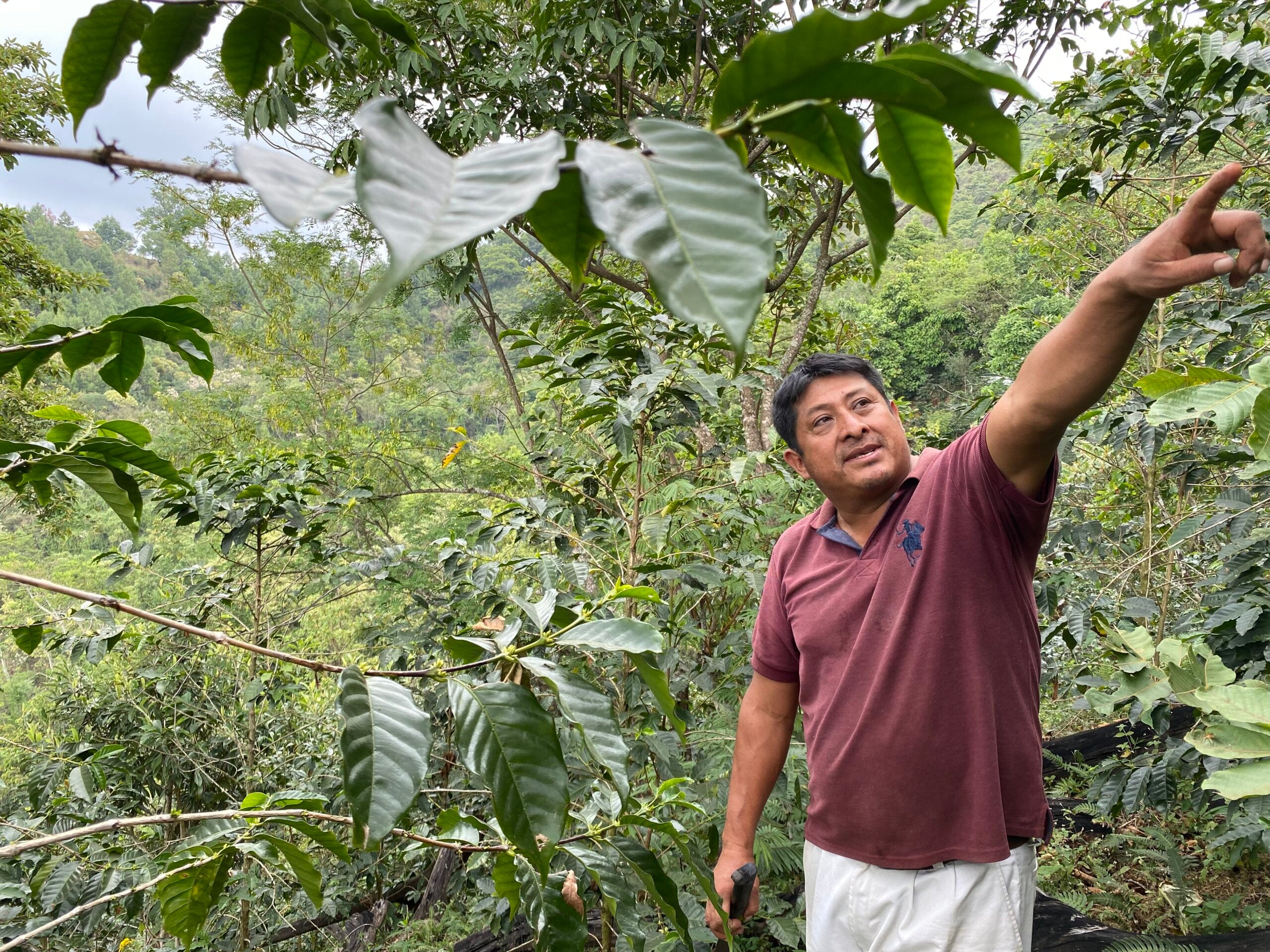Gora Kone sits in a river valley in the Nensebo district of West Arsi, Oromia. While the terrain is steep, a quarter of the land in Nensebo is arable and more than half of the land area is forested. Most of the coffee grown here is farmed under natural shade provided largely by native trees such as acacia and wanza.
Between 700 and 1000 producers deliver coffee to Gora Kone each harvest season. Farms here are relatively small—less than 4 hectares on average—and usually do not have the equipment necessary to process washed coffees at home. Washing stations like Gora Kone serve the important function of purchasing, processing, grading, and consolidating small deliveries of coffee in quantities fit for export.
Gora Kone produces both washed and natural process coffees. To produce a fully washed lot like this, coffee deliveries are collected throughout the afternoon and evening, then each batch is pulped and fermented underwater for nearly 48 hours. The addition of water helps to regulate the temperature of the coffee, enabling this slower and slightly longer than usual fermentation period.
Next the coffee is washed with fresh water to remove the remaining mucilage. Washing follows the common practice in Ethiopia where the coffee travels through a series of graduated channels—each slat allowing the least dense coffee to pass over while holding back the most dense, generally highest quality coffee. This simple but effective process quickly sorts the coffee into several quality types destined for different markets and purposes.
Once washing is complete, the resulting parchment coffee is moved to raised mesh platforms where it dries for approximately 10-12 days, after which it is collected and eventually moved to Testi Trading’s warehouse near Addis Ababa for dry milling.
Present day Ethiopia is the cultural origin of coffee consumption and the genetic origin of arabica coffee—it is without doubt that Ethiopia produces some of the very best coffees in the world with absolute regularity. In recent years the country has faced remarkable setbacks to its coffee production—from tensions in the Red Sea to internal conflict to monetary supply challenges to the increasingly visible effects of climate change.
Recently, the low profitability of coffee has encouraged more coffee producers to shift their production to eucalyptus and qat—crops that can exacerbate water scarcity even as Ethiopia's coffee regions are becoming hotter and more arid.
It’s a small miracle to see coffees like Gora Kone return to our menu, and we're excited to be able to offer theirs once again.
Between 700 and 1000 producers deliver coffee to Gora Kone each harvest season. Farms here are relatively small—less than 4 hectares on average—and usually do not have the equipment necessary to process washed coffees at home. Washing stations like Gora Kone serve the important function of purchasing, processing, grading, and consolidating small deliveries of coffee in quantities fit for export.
Gora Kone produces both washed and natural process coffees. To produce a fully washed lot like this, coffee deliveries are collected throughout the afternoon and evening, then each batch is pulped and fermented underwater for nearly 48 hours. The addition of water helps to regulate the temperature of the coffee, enabling this slower and slightly longer than usual fermentation period.
Next the coffee is washed with fresh water to remove the remaining mucilage. Washing follows the common practice in Ethiopia where the coffee travels through a series of graduated channels—each slat allowing the least dense coffee to pass over while holding back the most dense, generally highest quality coffee. This simple but effective process quickly sorts the coffee into several quality types destined for different markets and purposes.
Once washing is complete, the resulting parchment coffee is moved to raised mesh platforms where it dries for approximately 10-12 days, after which it is collected and eventually moved to Testi Trading’s warehouse near Addis Ababa for dry milling.
Present day Ethiopia is the cultural origin of coffee consumption and the genetic origin of arabica coffee—it is without doubt that Ethiopia produces some of the very best coffees in the world with absolute regularity. In recent years the country has faced remarkable setbacks to its coffee production—from tensions in the Red Sea to internal conflict to monetary supply challenges to the increasingly visible effects of climate change.
Recently, the low profitability of coffee has encouraged more coffee producers to shift their production to eucalyptus and qat—crops that can exacerbate water scarcity even as Ethiopia's coffee regions are becoming hotter and more arid.
It’s a small miracle to see coffees like Gora Kone return to our menu, and we're excited to be able to offer theirs once again.








Leave a comment
This site is protected by hCaptcha and the hCaptcha Privacy Policy and Terms of Service apply.